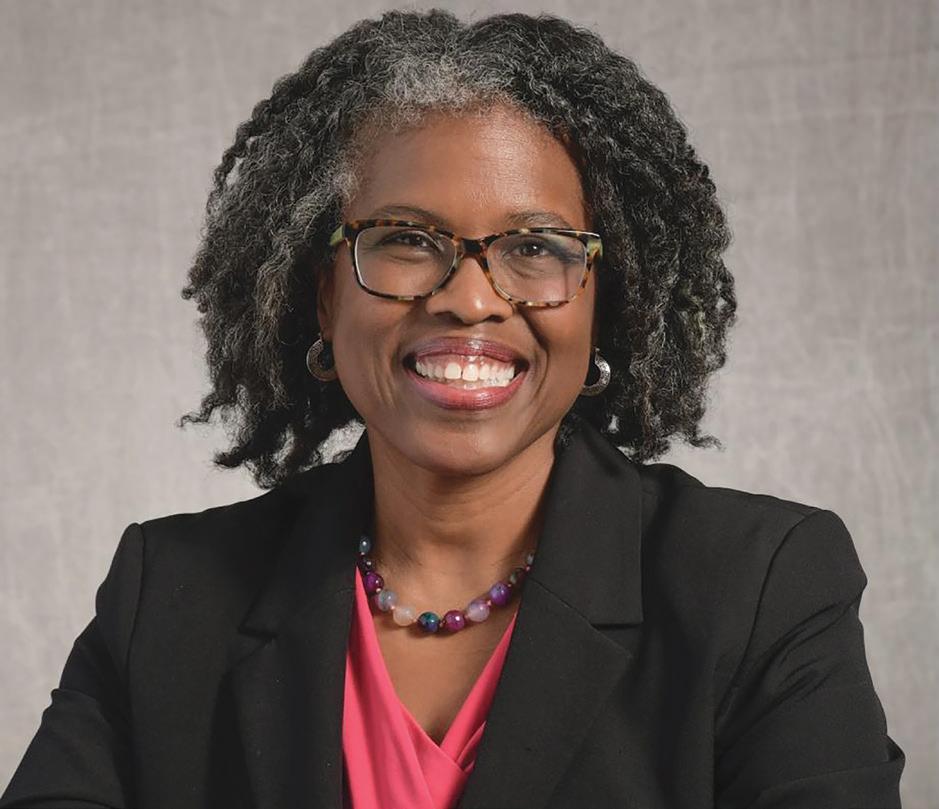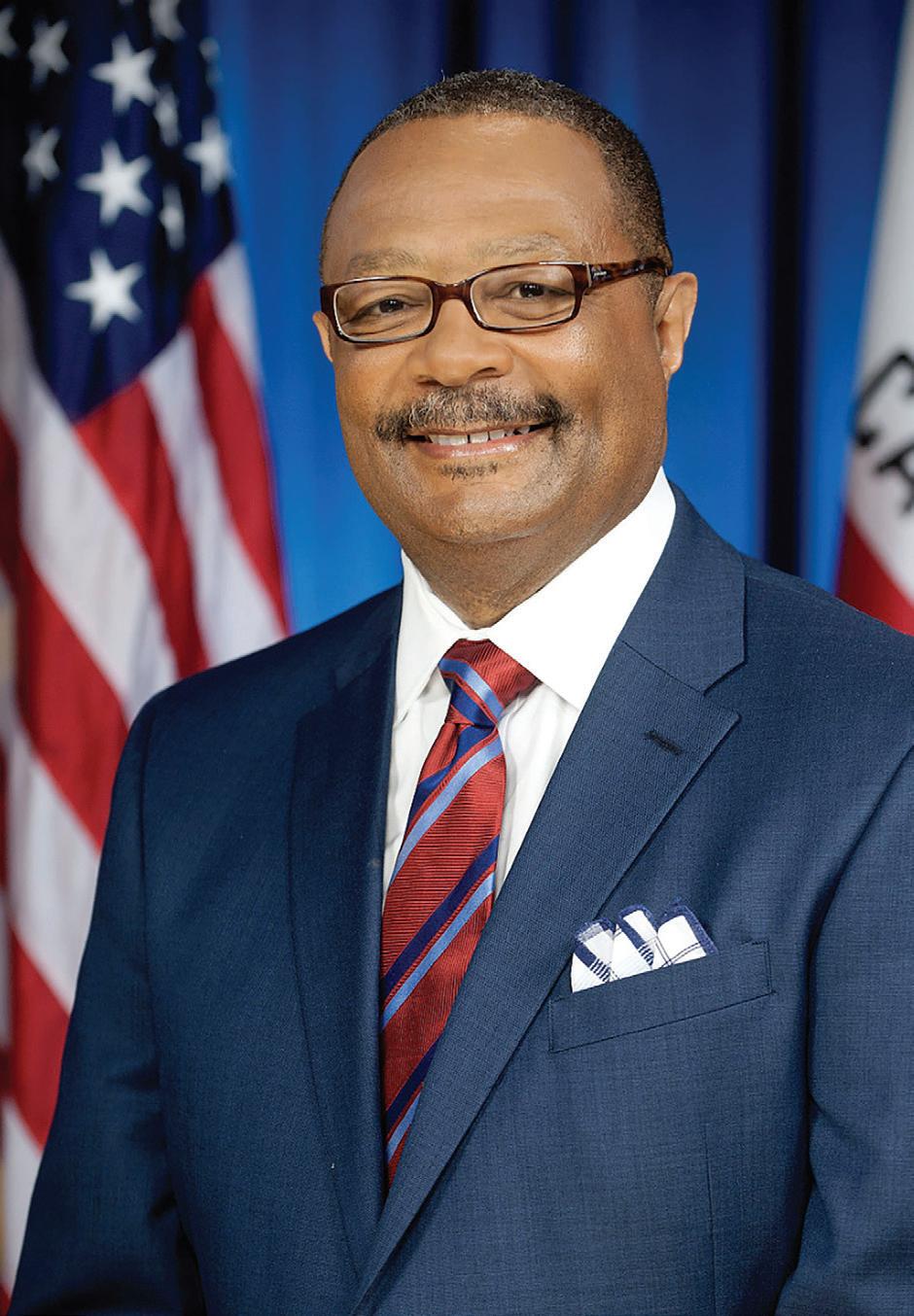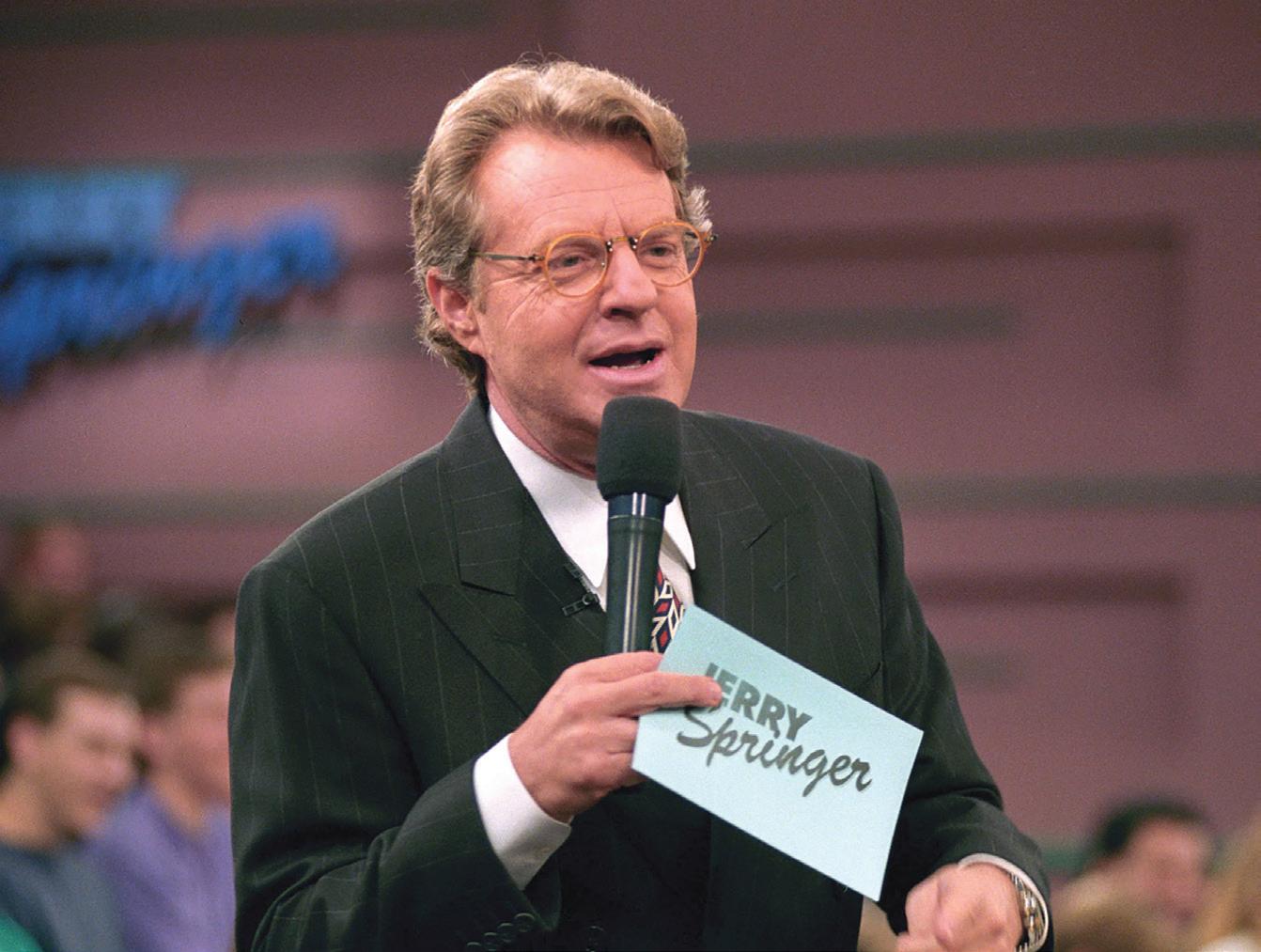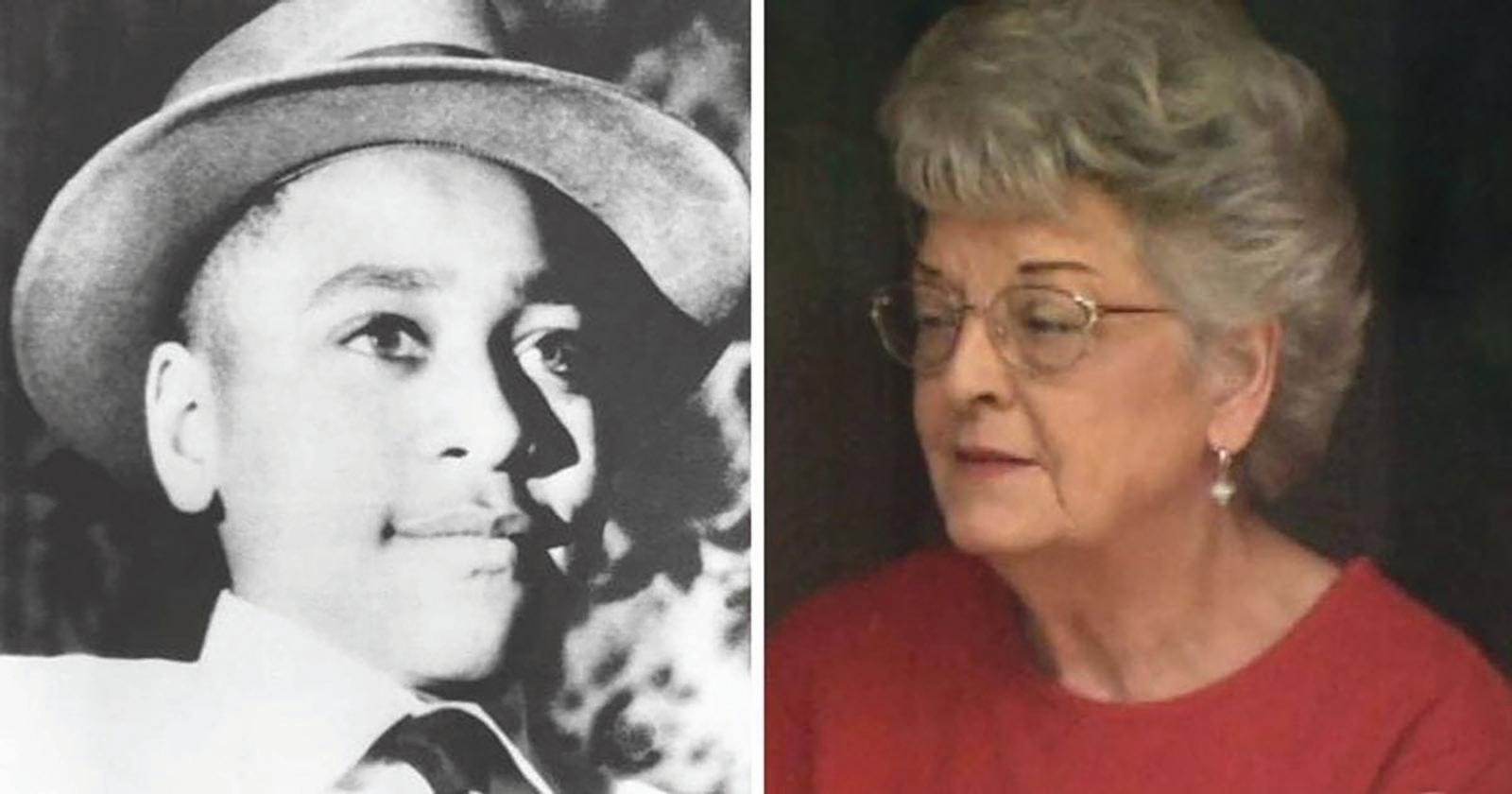
5 minute read
Your Taxes Raised $83.1 Billion for the State Last Fiscal Year Schools Received $44.6 Billion
McKenzie Jackson California Black Media
Schools across the Golden State received a windfall of $44.6 billion in local property tax revenue, according to the 2021-22 California Board of Equalization’s (BOE) Annual Report released late last month.
Advertisement
The funds collected from property owners for the 2021-22 fiscal year, which ended at last June, was an increase of 3.8% from the previous fiscal year. Overall, local property tax revenues increased 4% or $3.2 billion to $83.1 billion total. In addition to schools, the funds were funneled to the coffers of local governments throughout California.
BOE Chairman Antonio Vazquez said in an April 18 statement that property taxes are a steady and reliable revenue stream for government services and schools that Californians depend on daily.
“The BOE’s critical role protects these dollars through its oversight of property tax assessments and that they are done fairly, uniformly, and consistently,” he said.
The board released a 26-page report weeks after California Democratic lawmakers proposed Assembly Constitutional Amendment (ACA) 11 to abolish the board and reassign its duties to other state tax agencies effective Jan. 1, 2026.
The is responsible for overseeing property tax collection in all 58 California’s counties. It also makes more than 13 million tax assessments every year.
The report, released yearly to provide information on revenue collected by the five-member tax body and detail its accomplishments, made no mention of the amendment.
In addition to Vazquez, who represents the BOE’s Third District, other members are: State Controller Malia M. Cohen; Ted Gaines (First District); Sally J. Lieber (Second District); and Mike Schaefer, Vice Chair (Fourth District). Yvette M. Stowers, who was appointed by the Board, serves as Executive Director.
Cohen, the first African American woman to chair the
BOE, was voted State Controller last November. She took office in January this year.
This year’s report found that the total net statewide county-assessed property value increased by 7% to $7.6 trillion in fiscal year 2021-22, up $500 billion from the previous year.
The assessed property value has increased annually for the past 10 years from $4.6 trillion in 2013. For example, it was $5.8 trillion in 2017, $6.9 trillion in 2020, and $7.2 trillion in 2021.
Schools receive a lion’s share of property tax revenues.
The 2020-21 fiscal year, $38.5 billion went to counties ($11.7 billion), cities ($10.4 billion), and special districts ($16.3 billion).
Local governments also received $2.2 billion from state-assessed property tax revenues. Last May, the board set the values of 339 state-assessed properties — mainly public utilities and railroads — at $133.9 billion, an increase of $10.8 billion from the previous year. This property tax revenue together with the county-assessed property tax monies will give local municipalities $85.3 billion in property tax funds.
The report also informs Californians of the Taxpayers Rights Advocate (TRA) Office, which is independent of the BOE. The TRA Office receives contacts from taxpayers and others who are either seeking assistance with a problem or a disagreement they have in the assessment and collection of property taxes or a concern with a program administered by our agency,” the report reads. “Generally, the TRA Office assists taxpayers who have been unable to resolve a matter through normal channels and seek confirmation that they were treated fairly under the law.”
The BOE report found that the state government will receive $3.3 billion in revenue from the Alcoholic Beverage Tax Program, Tax on Insurers Program and Private Railroad Car Tax. The Alcoholic Beverage Tax Program garnered $429 million. The program is a per-gallon excise tax collected on the sale, distribution, or importation of alcoholic beverages to the state. The monies from this tax are placed into the Alcohol Beverage Control Fund and are withdrawn to be used by the state’s general funds or to pay refunds under the program.
The Tax on Insurers Program, administered by the board, State Controller’s Office, and California Department of Insurance, generated $2.9 billion for the state. Insurance companies conducting business in California are subject to as many as three taxes — a tax on gross premiums, a retaliatory tax, and the ocean marine tax.
The Private Railroad Car Tax, an in-lieu property tax on railroad cars owned by non-railroad companies and operated upon California railroads, generated $9.8 million in funds.
The report also revealed that bills that became effective in the last two years impacted programs run by the Board of Equalization. Assembly Bill 137, for example, extended the assessment appeals decision deadline for qualified applications whose two-year deadline was between March 4, 2020, and March 31, 2021 to December 31, 2021. One bill, AB 1203, expanded the type of work experience an individual must have to be eligible to serve on an assessment appeals board in Los Angeles County to include professional experience in fields such as real estate. Senate Bill (SB) 825 extended the welfare exemption from property tax for land conservancies and trusts from lien date 2022 to lien date 2027. The legislation also extended the sunset gate for intercounty pipeline right-ofway assessments from 2020-21 to 2025-26.
In a letter at the beginning of the budget report, Board of Equalization Executive Director Yvette Stowers said the board is focused on its mission of tax administration to support California governments.
“We are proud to serve this great State of California and will continue to do our part to provide essential revenues for the state and local governments,” Stowers wrote.
“By investing in crime prevention and a fairer criminal justice system, we can tackle the root causes of crime, improve individual and community outcomes, and ease the burden on police,” she said.
The Democratic president has commuted the sentences of 75 other people so far. He also pardoned thousands who were convicted of “simple possession’’ of marijuana under federal law, and others who have long since served out their sentences.
Copyright 2023 The Associated Press. All rights reserved. This material may not be published, broadcast, rewritten or redistributed without permission.

Black-owned Hotel Was Safe Haven During Segregation
MERIDIAN, Miss. (AP) – A Mississippi hotel that gave Black travelers safe lodging during segregation and once welcomed such notables as the Rev. Martin Luther King Jr. has been torn down after falling into disrepair after years of sitting vacant.
The E.F. Young Jr. Hotel was opened in 1946 in Meridian by E.F. Young Jr., a Black entrepreneur and manufacturer of hair care products. It remained open as a hotel until 1978, before being converted to office space and later going vacant.
A small crowd watched Monday as a crew demolished the building, the Meridian Star reported. The owners said in local news reports that the building had deteriorated and was too costly to rehabilitate.
Over the years, the hotel hosted a number of notable people including the civil rights leader King, singer Ella Fitzgerald, the Harlem Globetrotters and others.
After the building deteriorated while sitting vacant, the city deemed it a safety hazard in September 2021. The Young family continued to own the hotel and decided to demolish it after seeing high estimates for restoration and repair, the newspaper reported.
Democratic state Rep. Charles Young Jr. of Meridian, a grandson of E.F. Young, told Jackson’s WLBT-TV in February that the hotel was one of the few places in the Deep South state for Black travelers to stay during segregation.

“The only way that people could communicate was by word-of-mouth limited telephone, and they had what is called a Green Book,” Young said, adding the hotel was listed there as ‘’one of the premier places to stay in the South.”
The Green Book was published starting in the mid1930s and listed hotels, gas stations, restaurants and other businesses across the U.S. that accommodated Black motorists during segregation.
The 30-room Young Hotel had barber and beauty shops on the first floor and hotel rooms on the second. “It had bridal suites. It had enclosed and private bathrooms. It was a very nice and modern facility,” Young said of the hotel’s heyday.
The hotel thrived for decades, but circumstances changed. Young told WLBT-TV that during the 1970s, his grandmother, Velma Beal Young, chose to convert the building into a marketing and sales offices for the hair care manufacturing company. The company later moved its offices to a different site in Meridian.










